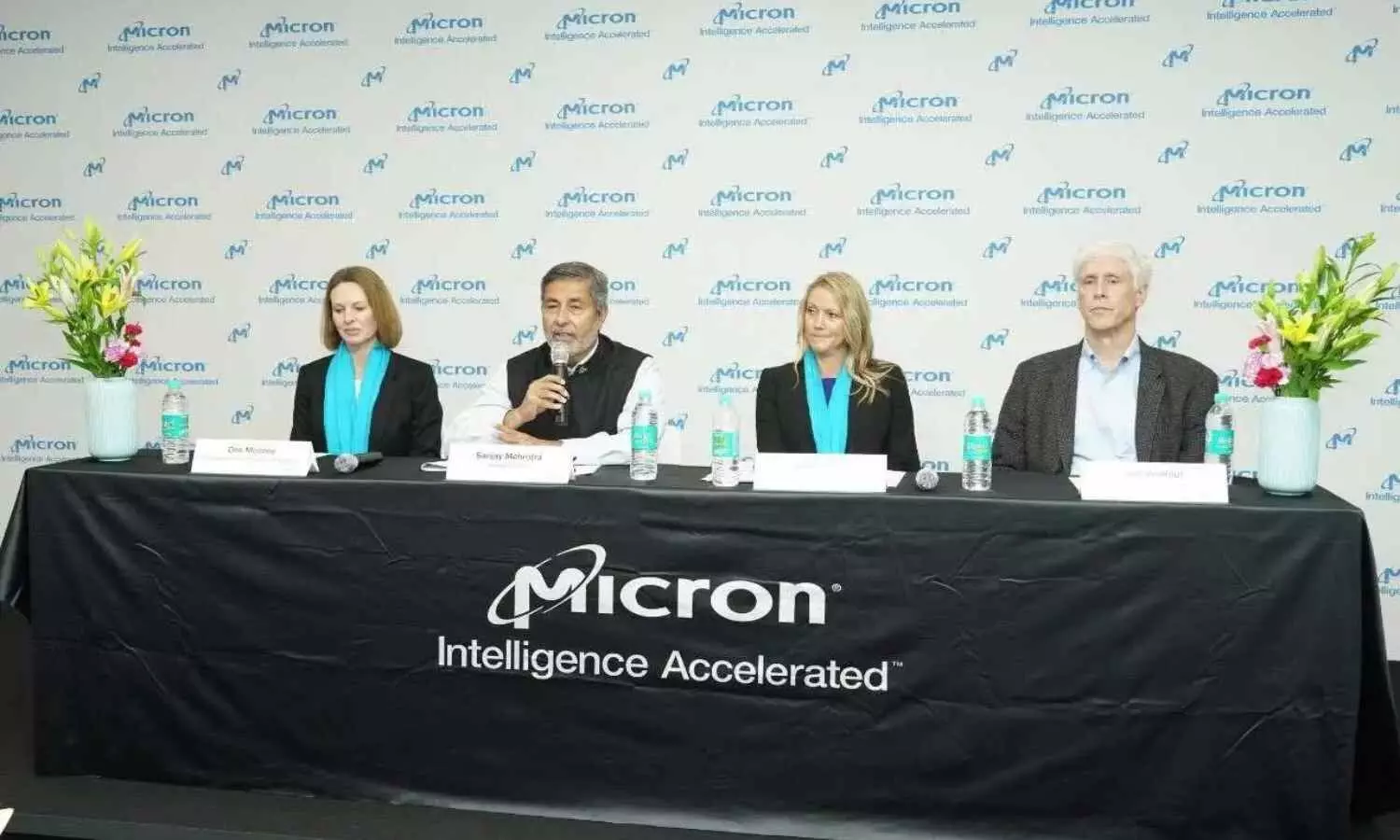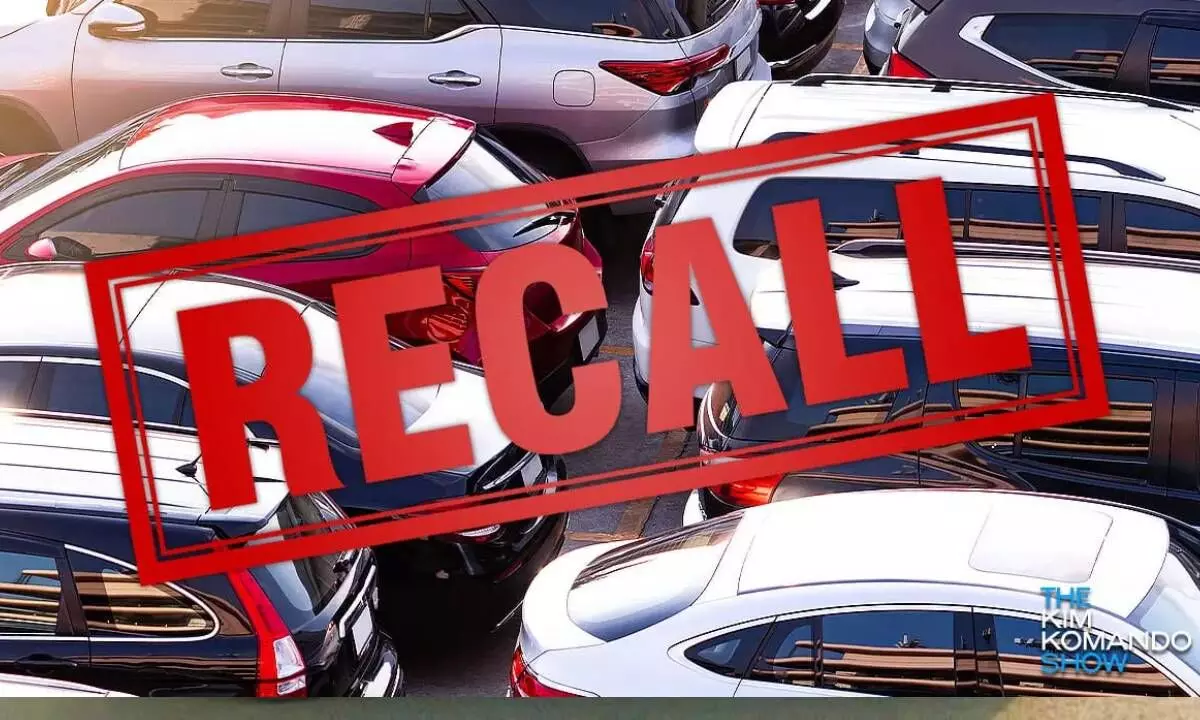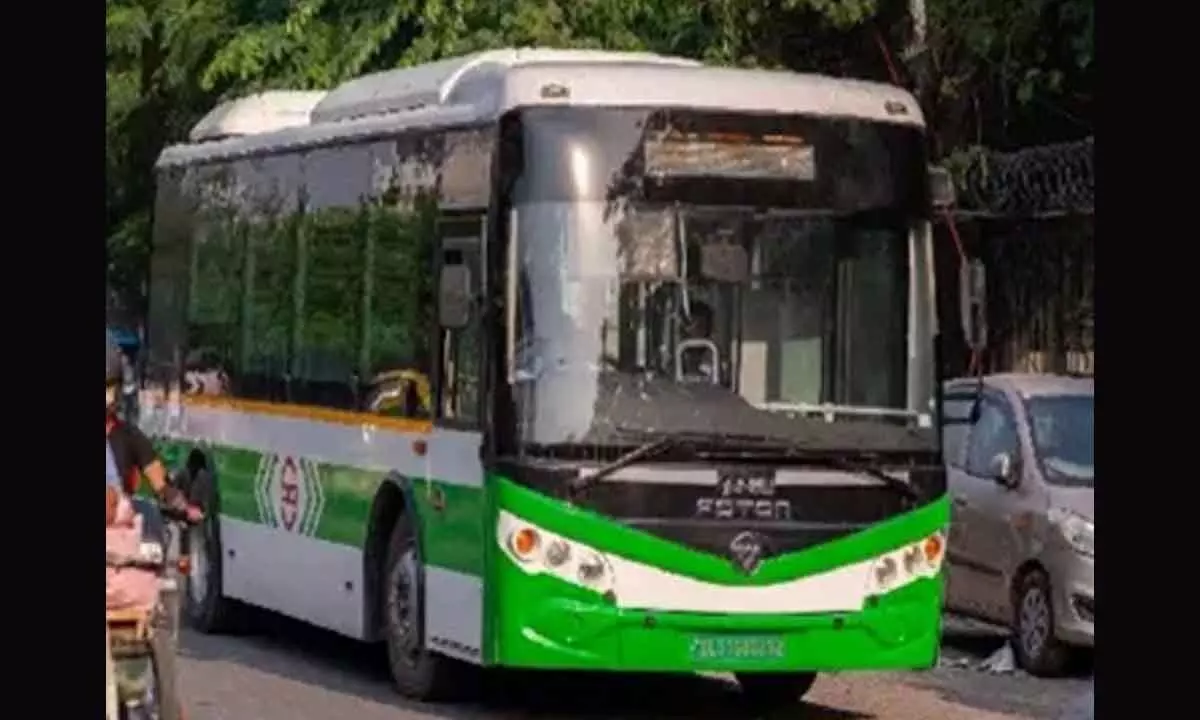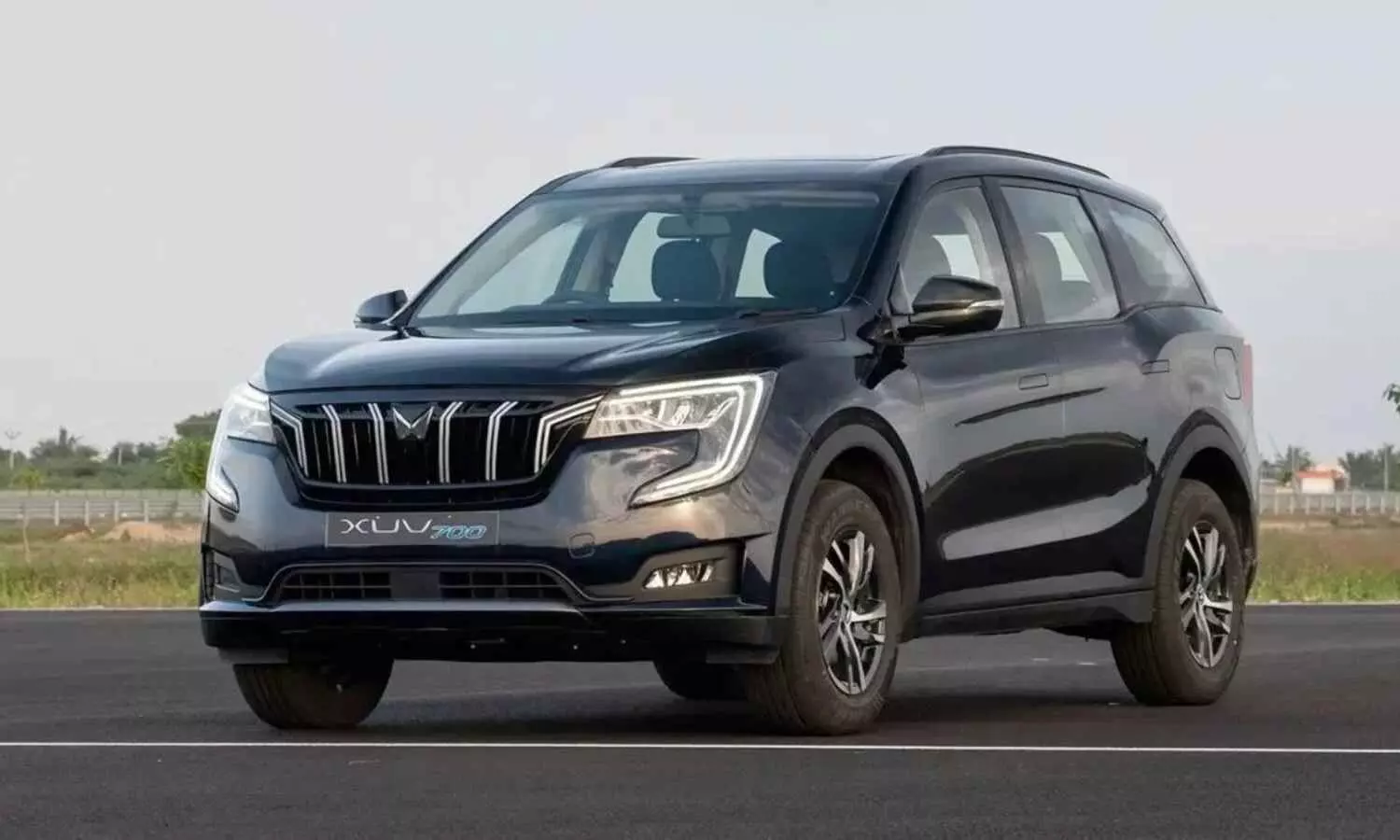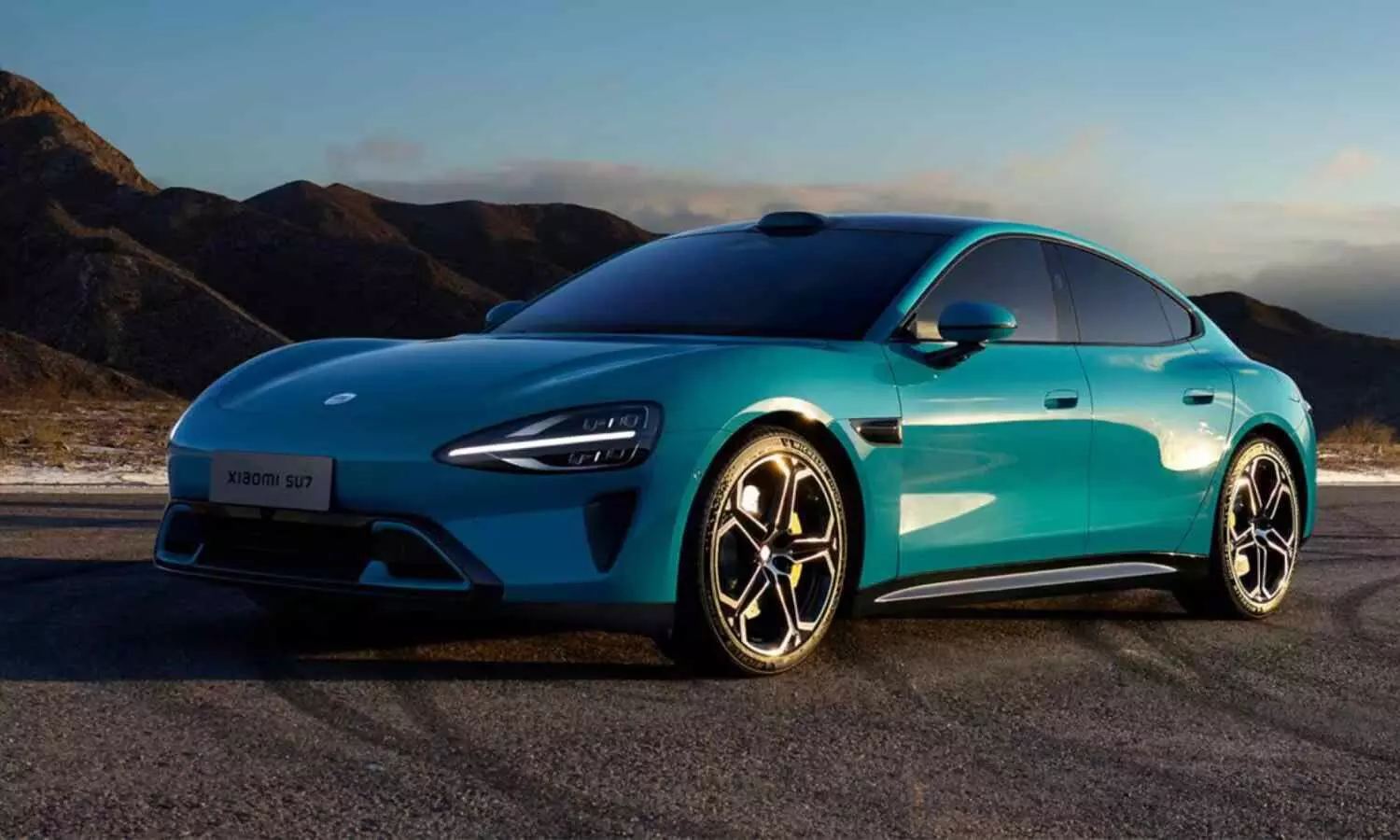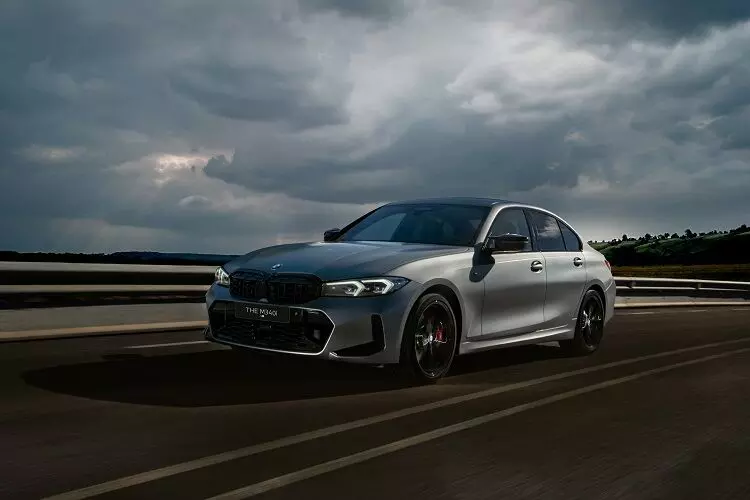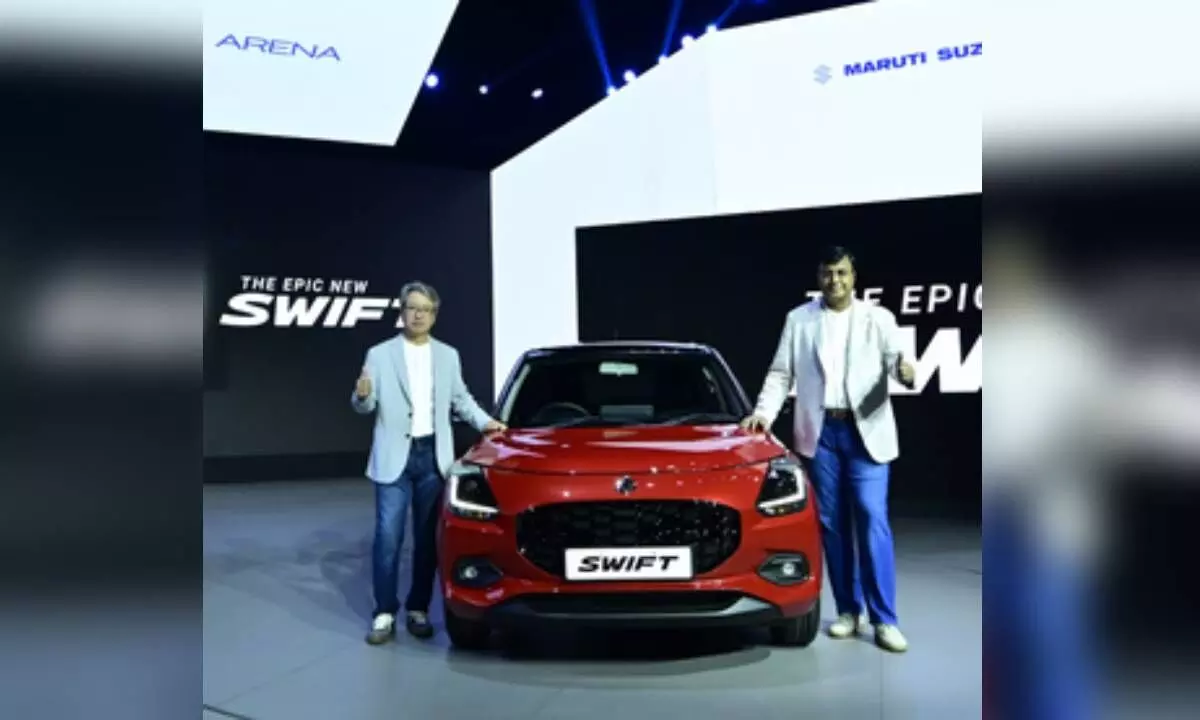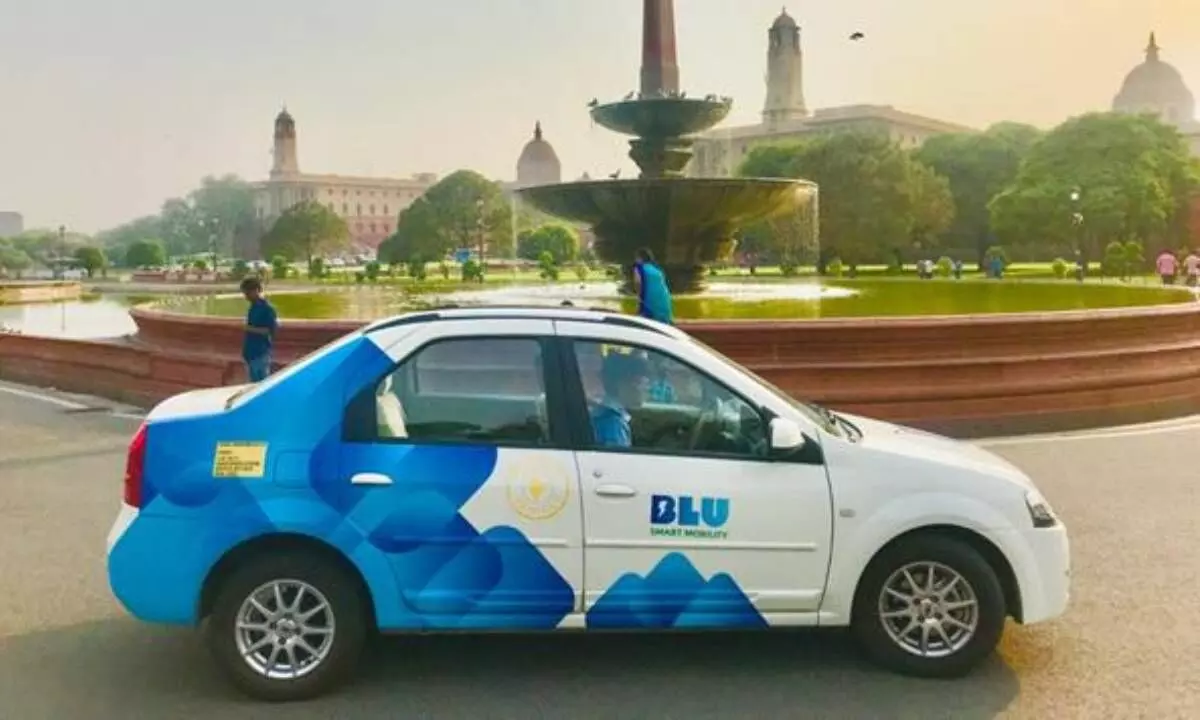
Mumbai, Jul 11: As part of the EV4ECO scheme for electric mobility ecosystem, Small Industries Development Bank of India (SIDBI), the country’s apex financial institution for MSMEs, and BluSmart, India’s largest EV ridehailing service, flagged off 140+ electric cars in presence of representatives from the Indian government and multilaterals. The ABCD (Aaओ Bनाए Cलीन Diल्ली) tagline of SIDBI is for increasing the EVs on Delhi Roads. SIDBI brings expertise of channelising financial and developmental support in green areas and also supports other lenders by reducing their perceived risks (through risk sharing facility) so that more lending can happen for EVs. Delhi EV Policy has been most progressive EV policy in India. The ABCD initiative will compliment EV policy and it is a responsive step to reduce the air pollution from country’s capital and make Delhi clean capital.
Prakash Kumar, DMD, SIDBI said “SIDBI, being development financial institution (DFI), has taken proactive steps to green the enterprise ecosystem with its developmental and financial engagements. It has always remained at the forefront when it comes to promoting new technologies among the MSMEs through its innovative approach. SIDBI is engaged in several activities and expanding its horizon in the space of Greening the Ecosystem at all fronts be it startup, MSMEs, rural /unserved/underserved segments/pockets/artisan clusters and so on. We have commenced our journey to become “Green Bank”. SIDBI has understood the key challenges in the electric vehicle financing and henceforth, created unique schemes for EV ecosystem to support the adoption and streamline the finance for EV startups as well. SIDBI is pleased to support the BluSmart in their journey of zero emission ridehailing service.”
Dr RK Singh, CGM, SIDBI said “India has set ambitious climate change mitigation targets and has committed to low-carbon growth in the transport sector. To support India’s commitment to EV30@30, it was strategized to conduct country-wide consultations across the EV value chain. SIDBI has launched the EV4ECO & EV-RSF schemes to enable the affordable financing of electric vehicles. These initiatives will also contribute to the reduction in vehicular emissions and reduce the operating cost in the logistics sector.”
SIDBI is committed to compliment EV30@30 and is supporting the MSMEs in adoption of green technology in their operations. We have formulated other initiatives to encourage other lenders to enable the financing thorough Risk Sharing Facility and is proactive to support the women entrepreneurs in rural areas by enabling affordable finance for transitioning to electric vehicles used by them.
Anmol Jaggi, Co-founder, BluSmart said “At BluSmart, our mission is to ‘Decarbonize Mobility at scale’ and SIDBI with its unique ABCD initiative supporting EVs is fuelling our growth in Delhi NCR and helping in accelerating the adoption of EVs contributing to the reduction of carbon emissions from the transportation sector.”
